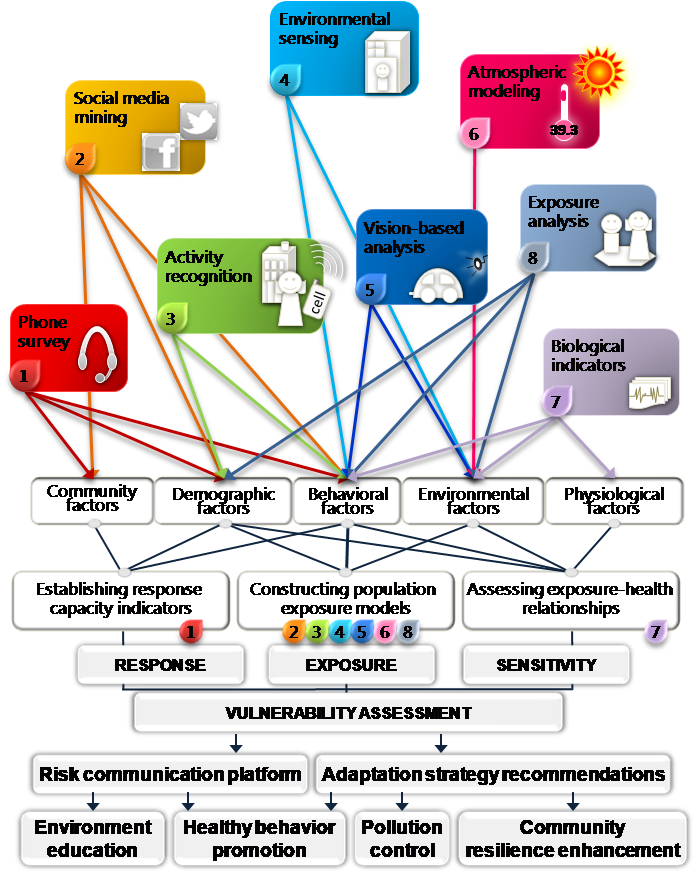
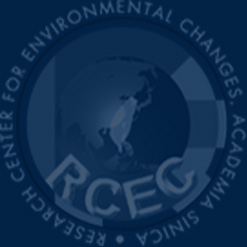
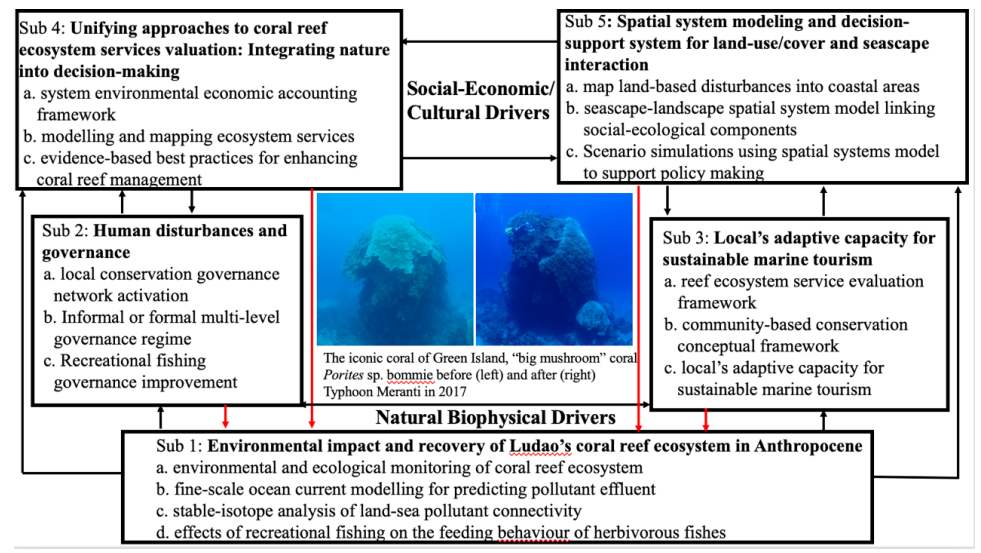
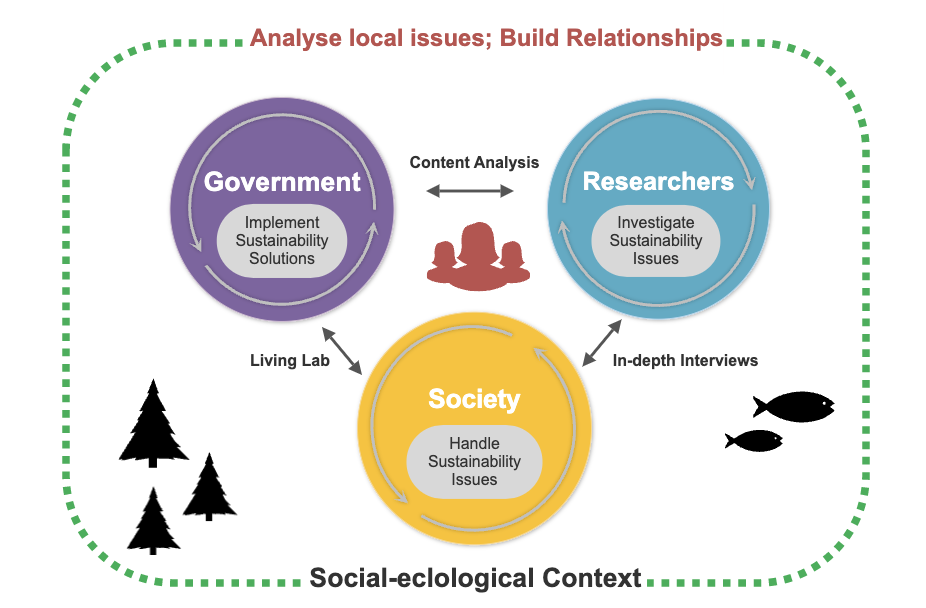
| serial number |
Country | Name | Organization name |
|---|---|---|---|
| 1. | Bangladesh | Abdus SALAM | Department of Chemistry, University of Dhaka |
| 2. | Indonesia | Puji LESTARI | Faculty of Civil and Environmental Engineering, Institute Teknology Bandung |
| 3. | Malaysia | Mazrura SAHANI | Center for Health and applied Sciences, National University of Malaysia |
| 4. | Mongolia | Chonokhuu SONOMDAGVA | Department of Environment and Forest engineering, National University of Mongolia |
| 5. | Myanmar | Ohnmar May Tin HLAING | Environmental Quality Management Co., Ltd |
| 6. | Philippines | Maria Obiminda L. CAMBALIZA | School of Science and Engineering, Ateneo de Manila University |
| 7. | Thailand | Kim OANH | School of Environment, Resources and Development, Asian Institute of Technology |
| 8. | Vietnam | Thi Hien TO | University of Science, Vietnam National University Ho Chi Minh City |
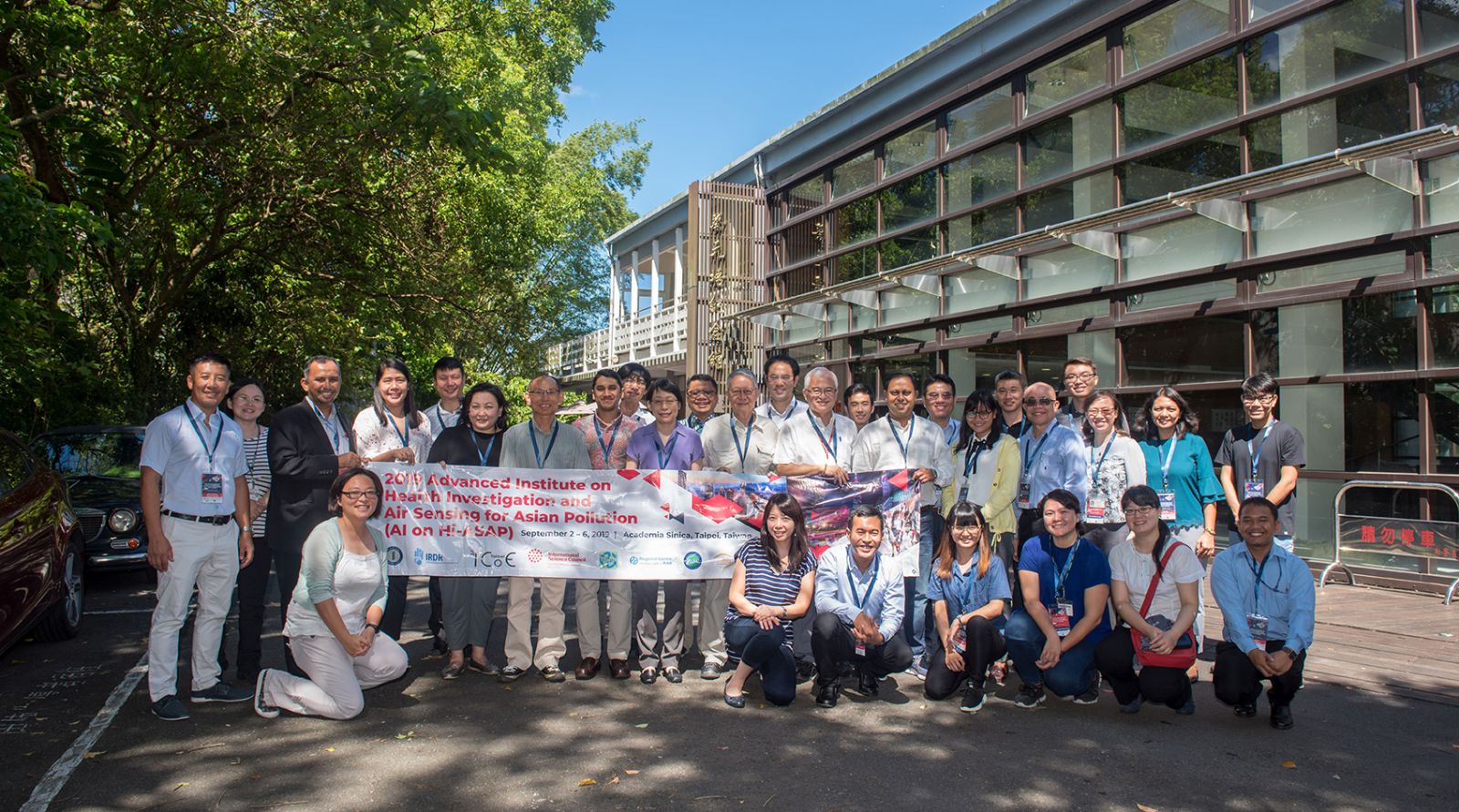
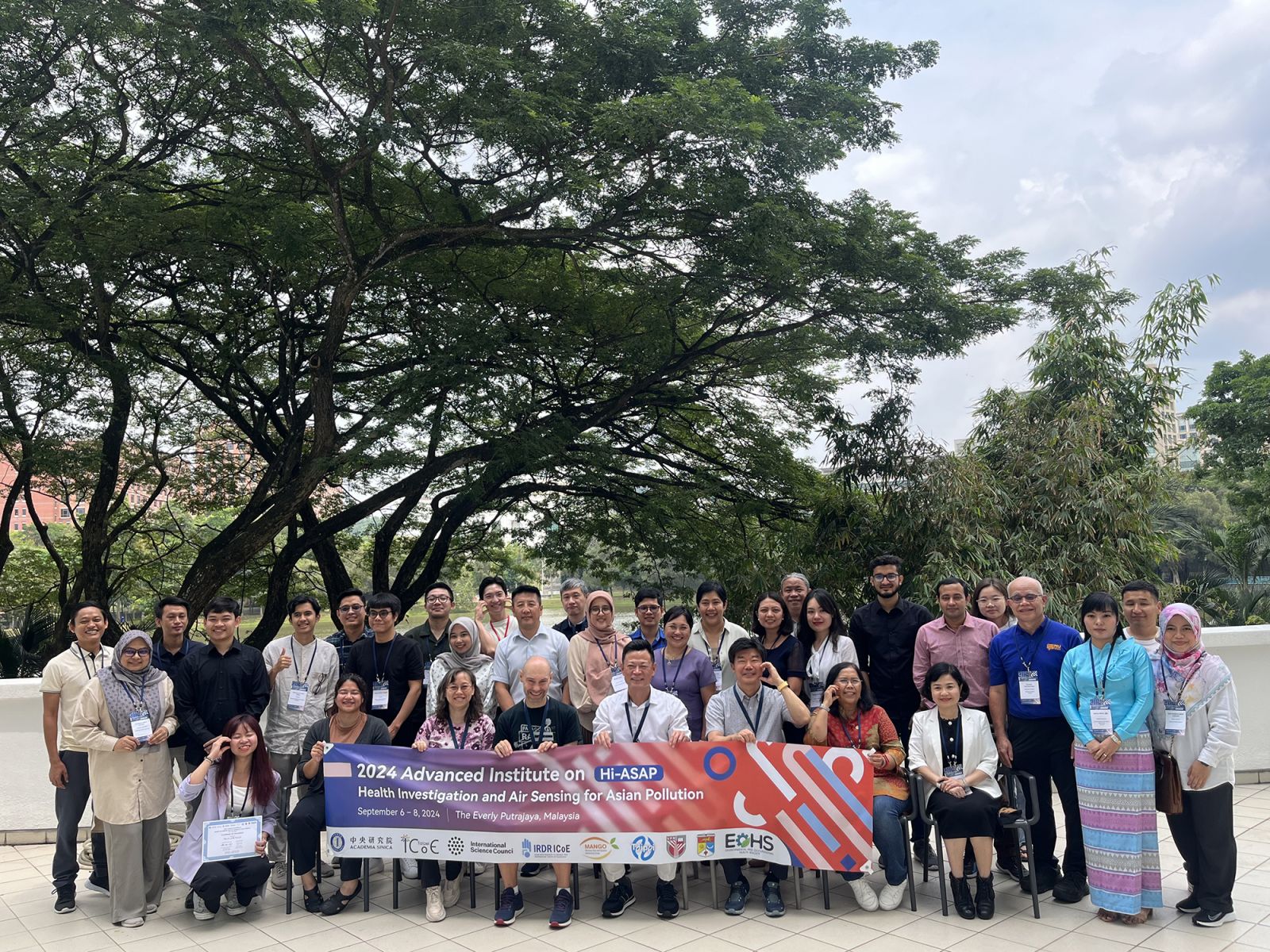
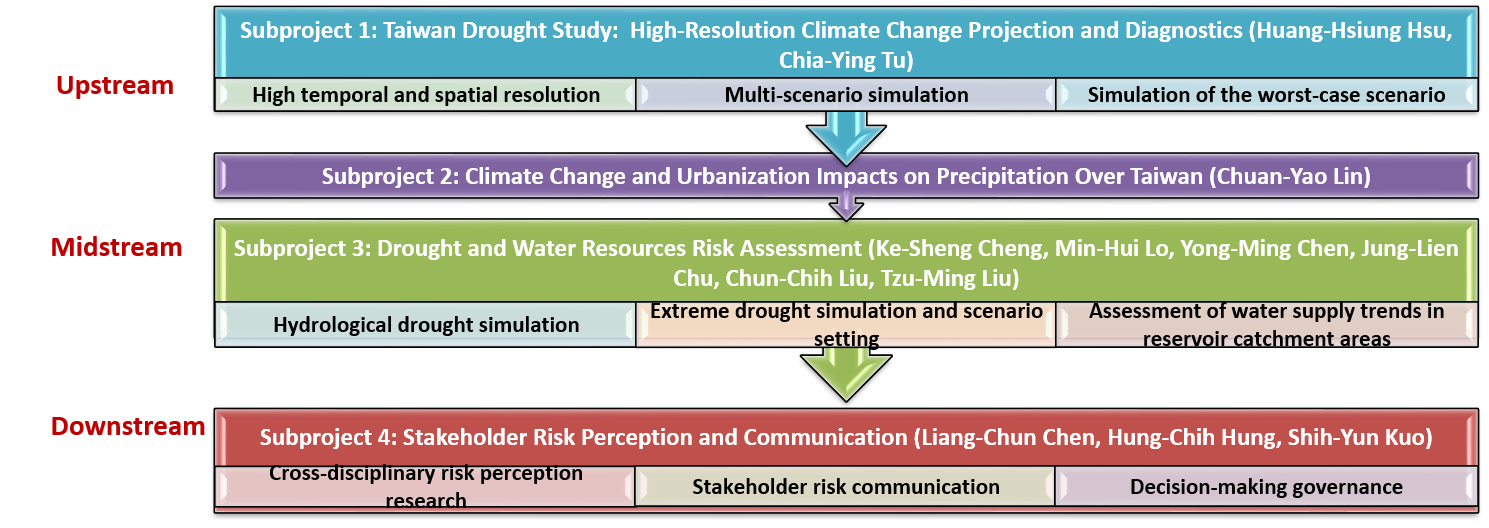
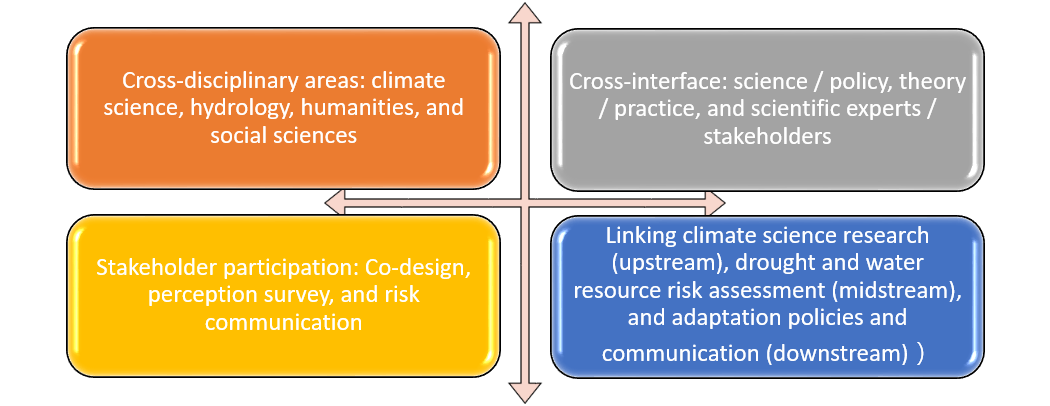
| Categories | Project Title | Name and Role of PI, Role on Project (Project Director, Sub-project PI, Co-PI) | Institution/Department | Title |
|---|---|---|---|---|
| Main Project | Trans-disciplinary PM2.5 Exposure Research in Urban Areas for Health-oriented Preventive Strategies | Shih-Chun Candice Lung (Project Director) |
RCEC, AS | Research Fellow |
| Da-Wei Wang (Project co-Director) |
IIS, AS | Research Fellow | ||
| Ling-Jyh Chen (Project co-Director) |
IIS, AS | Research Fellow | ||
| Meng-Chang Chen (Project co-Director) |
IIS, AS | Research Fellow | ||
| Subproject 1 | Cross-scale environmental monitoring and analysis for PM2.5exposure | Shih-Chun Lung (Sub-project PI) |
RCEC, AS | Research Fellow |
| Chih-Da Wu (Sub-project Co-PI) |
Dept. of Forestry, NCYU | Associate Professor | ||
| I-Chun Tsai (Sub-project Co-PI) |
RCEC, AS | Assistant Research Fellow | ||
| Yi-Chiu Lin (Sub-project Co-PI) |
TTFRI | Assistant Researcher | ||
| Subproject 2 | Vision-based traffic and crowd analysis using convolutional neural networks | Chih-Wen Su (Sub-project PI) |
Dept. of ICE, CYCU | Assistant Professor |
| Mark Liao (Sub-project Co-PI) |
IIS, AS | Distinguished Research Fellow | ||
| Subproject 3 | The relationship between heart rate, apparent temperature and air pollution exposure in adult during cardio exercise | Shih-Yu Lee (Sub-project PI) |
RCEC, AS | Assistant Research Fellow |
| Tzu-Yao Chuang (Sub-project Co-PI) |
CMU Children’s hospital | Attending Physician | ||
| Subproject 4 | Metabolomics profiling and gene expression study to understand the health impacts of cooking oil fumes and the potential protective roles of vegetables and fruits | Wen-Harn Pan (Sub-project PI) |
IBS, AS | Research Fellow |
| Hsin-Chou Yang (Sub-project Co-PI) |
ISS, AS | Research Fellow |


